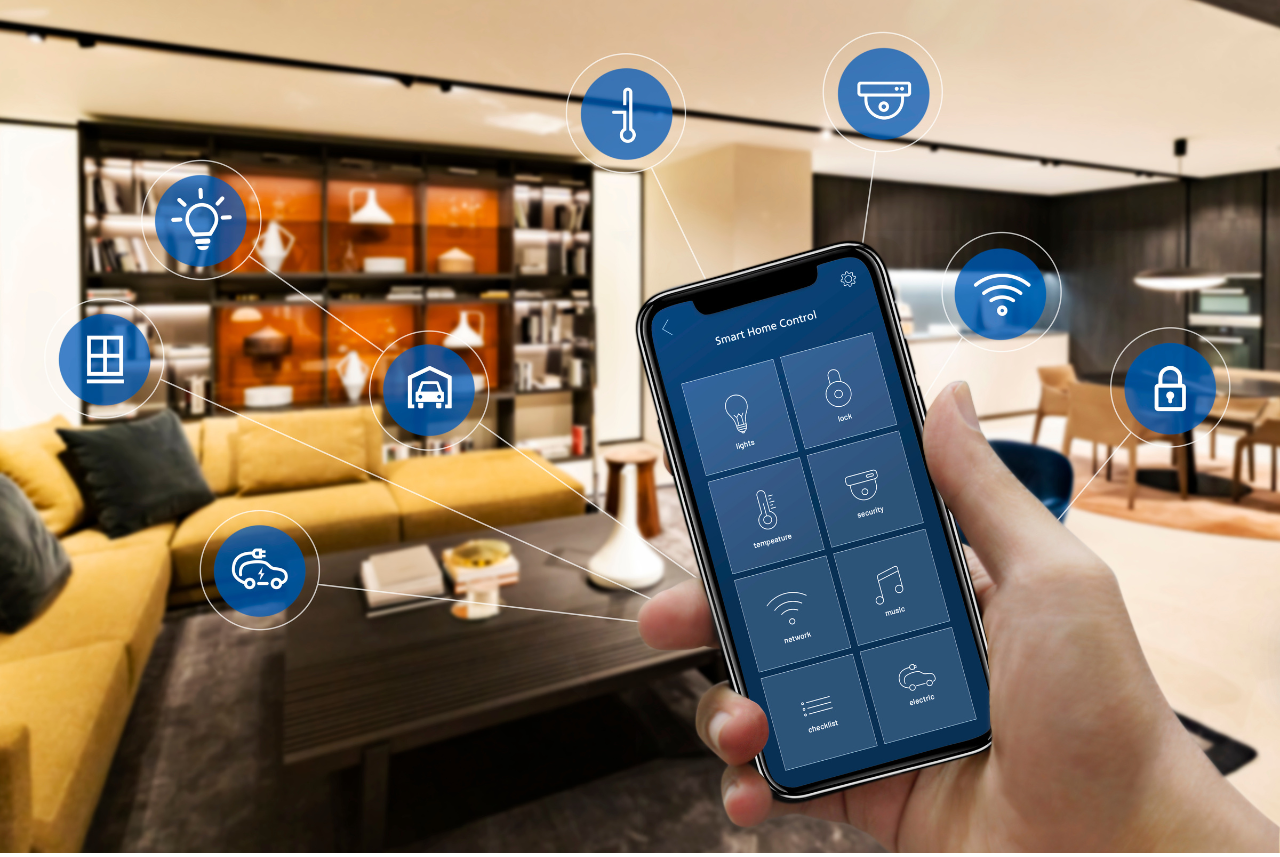
Automation for Rural Eco-Homes: A Tech Revolution
Share
The fusion of automation and sustainable living is transforming the landscape of rural housing. As we move towards a more eco-conscious world, the concept of Automation for rural eco-homes is gaining traction among tech professionals and enthusiasts alike. With the aim of reducing carbon footprints and enhancing the efficiency of homes, automation presents a unique opportunity to revolutionize how we interact with our living spaces.

The Need for Automation in Rural Areas
In rural areas, traditional methods of energy consumption and home management often lead to inefficiencies and higher costs. By integrating smart technologies, rural eco-homes can significantly optimize energy usage, reduce waste, and promote sustainable living. The introduction of automation in these homes not only addresses the environmental concerns but also brings about economic benefits to the inhabitants.
Automation allows for seamless control over various home functionalities such as lighting, heating, water management, and security. These systems can be programmed to operate based on real-time data and user preferences, ensuring that energy is used only when necessary. This level of control is particularly beneficial in rural settings where resources may be limited and costly.
Key Technologies Driving Automation
Several key technologies are driving the automation of rural eco-homes. Smart meters, for instance, provide detailed insights into energy consumption patterns, enabling homeowners to make informed decisions about their energy usage. Additionally, smart thermostats and lighting systems adjust automatically to the needs of the household, further enhancing energy efficiency.
Home automation systems also incorporate smart devices for eco-friendly landlords, which offer remote access and control, allowing homeowners to manage their homes from anywhere in the world. This capability is crucial for rural homes, where access to manual systems may be limited.
Renewable Energy Integration
Automation is not limited to optimizing the use of conventional energy sources. It also plays a crucial role in integrating renewable energy solutions into rural eco-homes. Solar panels, for example, can be connected to smart home systems to optimize energy capture and storage. By monitoring weather patterns and energy usage, these systems can efficiently manage energy distribution, ensuring that renewable resources are utilized to their fullest potential.
For more insights on how home automation can contribute to a greener planet, check out our detailed article on home automation benefits.
Challenges and Considerations
While the benefits of automation in rural eco-homes are significant, there are challenges that must be addressed. One of the primary concerns is the initial cost of implementing these technologies. However, it's important to view this as a long-term investment that can lead to substantial savings in energy costs.
Moreover, there is a need for reliable internet connectivity in rural areas to support the operation of smart systems. Without consistent connectivity, the effectiveness of automation may be compromised. Efforts are being made to improve rural broadband access, which will be a key enabler for widespread adoption of home automation technologies.
Future Prospects
The future of Automation for rural eco-homes looks promising. As technology continues to advance, we can expect to see even more innovative solutions that enhance the sustainability and efficiency of rural living spaces. For a glimpse into the future, explore our article on green home automation.
As the world becomes more environmentally conscious, the demand for sustainable living solutions will only increase. The integration of automation in rural eco-homes is a significant step towards achieving a balance between technological advancement and environmental preservation.

FAQs
1. What are the main benefits of automation in rural eco-homes?
Automation in rural eco-homes offers numerous benefits, including improved energy efficiency, reduced carbon footprint, and increased convenience through remote management of home systems.
2. How does automation help in integrating renewable energy sources?
Automation systems can optimize the use of renewable energy sources by monitoring weather patterns and energy consumption, ensuring the efficient capture and distribution of energy.
3. What are the challenges in implementing automation in rural areas?
Challenges include the initial cost of technology implementation and the need for reliable internet connectivity to support the operation of smart home systems.
For more information on sustainable living technologies, visit this comprehensive guide.
